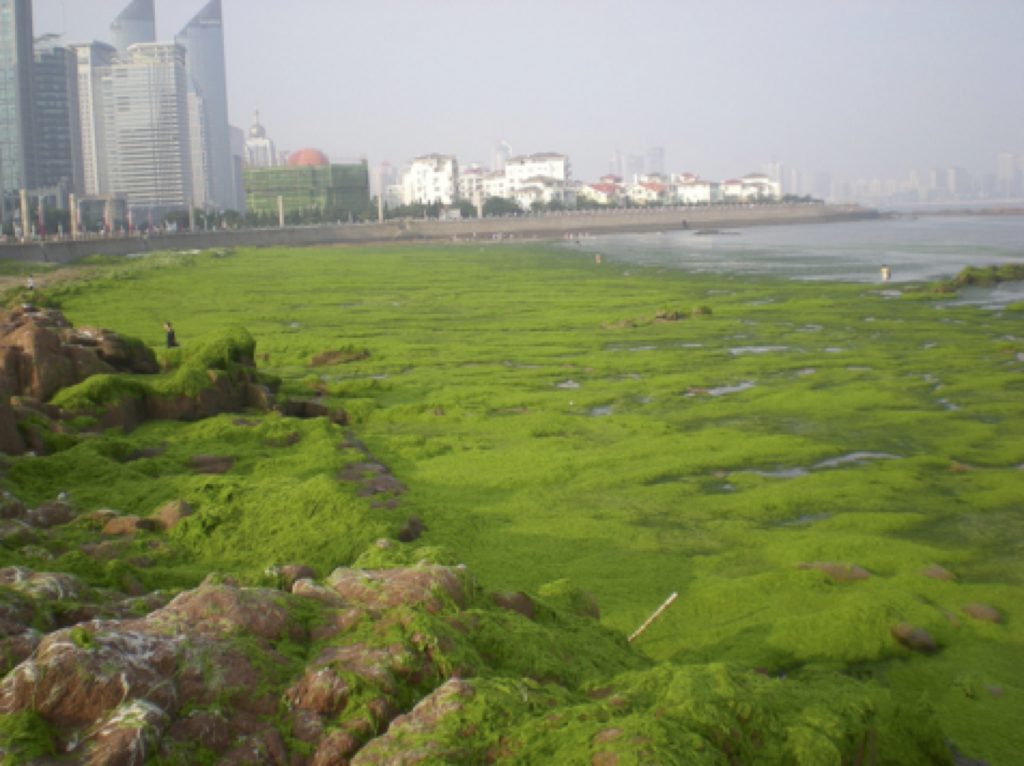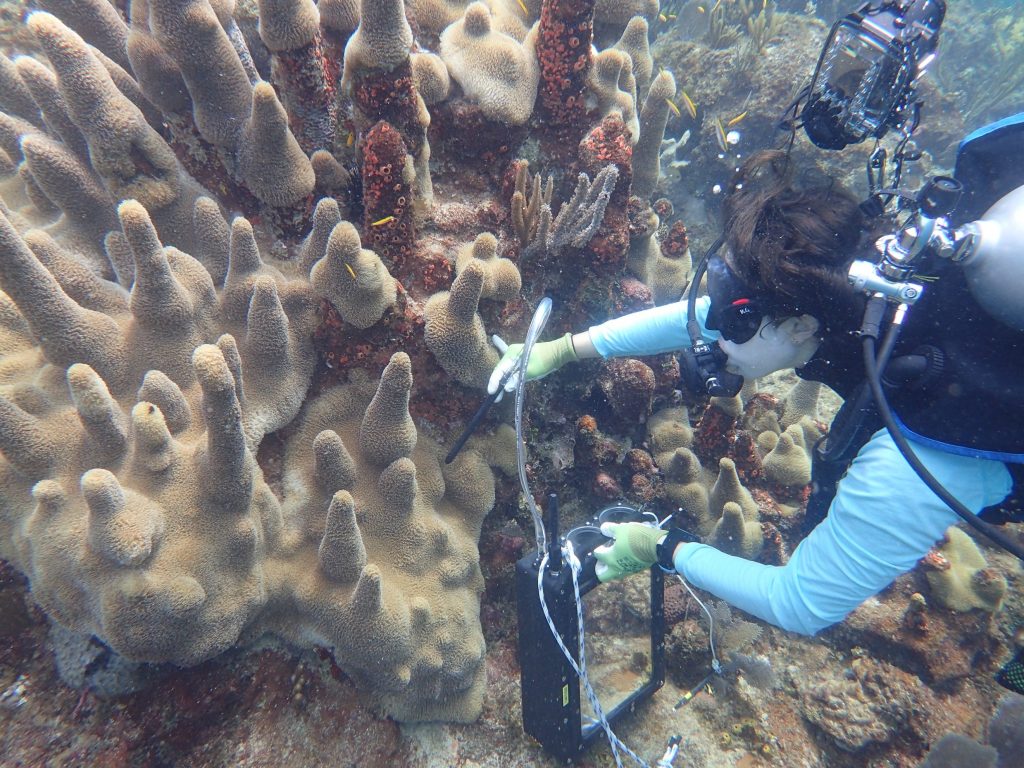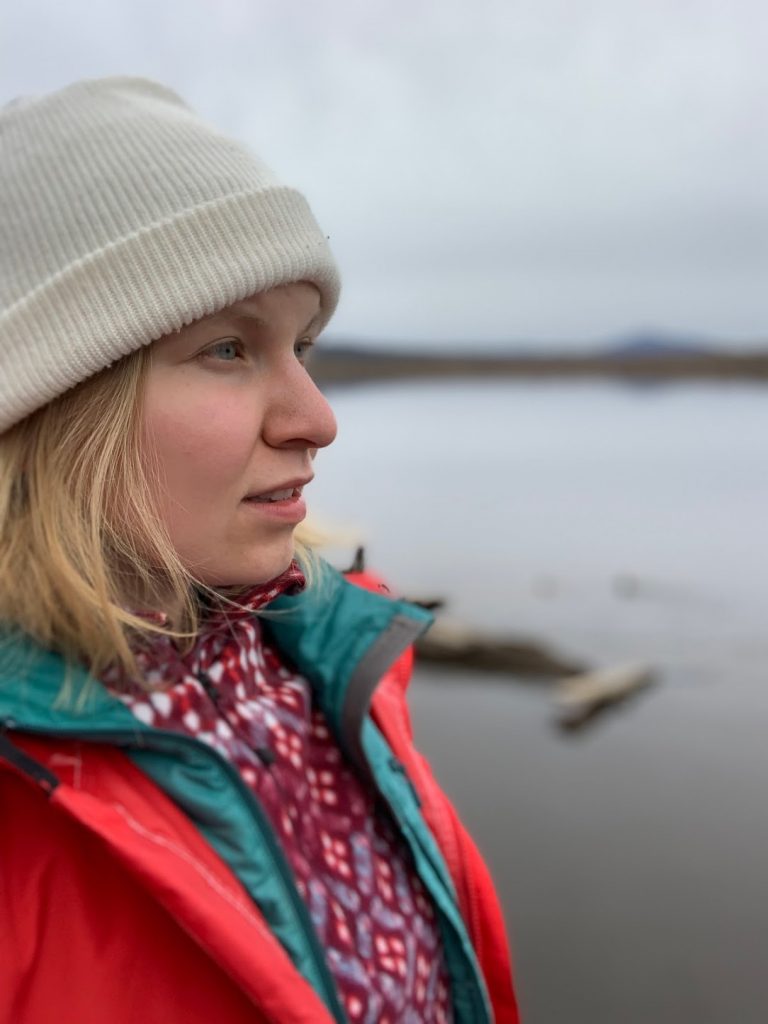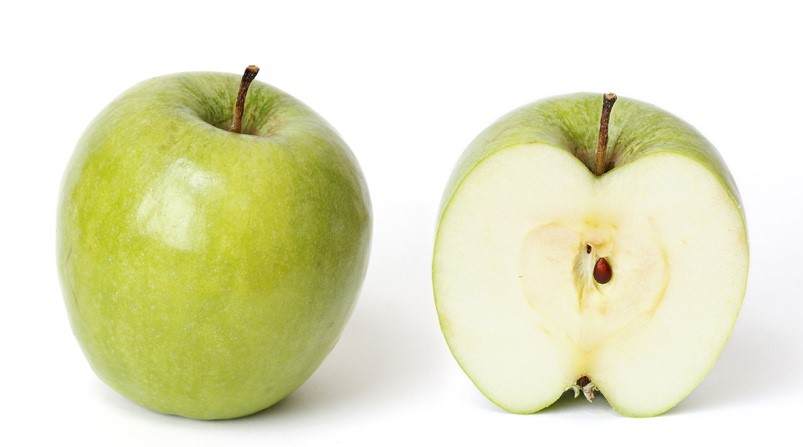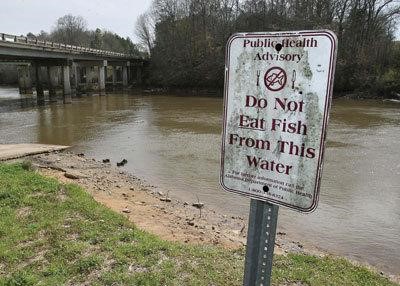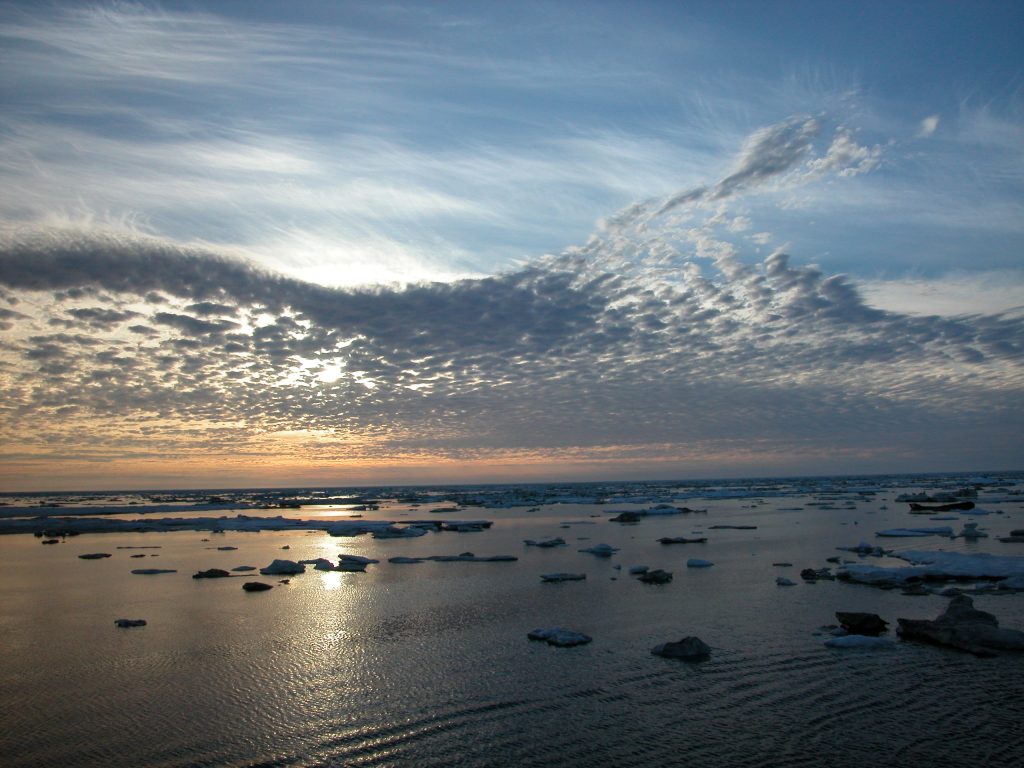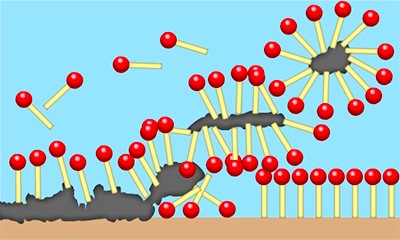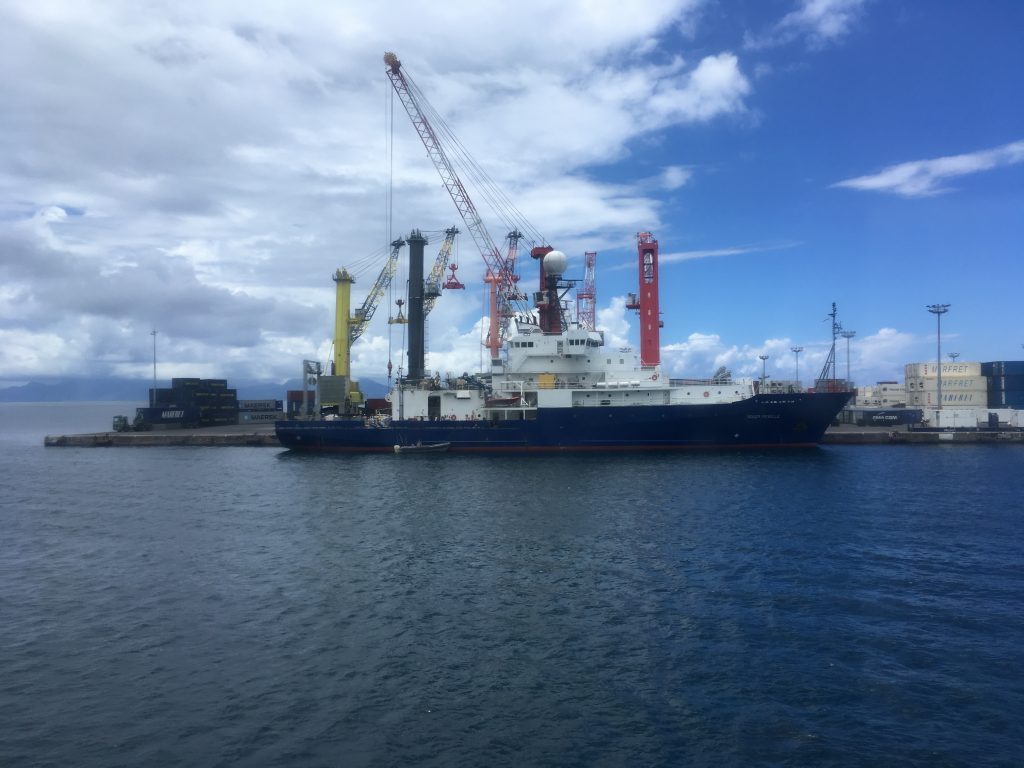Blog
Disturbance and Resilience in Ecosystems
Written by: Lauren Dykman Biological systems are constantly shifting as they react to perturbations from outside forces. Natural disturbance is a powerful driver of species distribution in both terrestrial and marine ecosystems. Humans, however, are causing an unprecedented increase in the frequency and intensity of disturbance to habitat, which raises several urgent questions. How…
Read MoreHarmful Algal Bloom Symposium 2019: Bringing community needs to the forefront of HAB science
Written by: Alia Hidayat Last month, I packed my bags and made the trek out of the quickly cooling Northeast to Orange Beach, Alabama. The reason? To nerd out about all things algae at the national Harmful Algal Bloom symposium. It was a week-long deep dive into the current science on harmful algal blooms,…
Read MoreOceanographic instrument development, a first step to exploring the unexplored
Written by: Kalina C. Grabb Putting the exploration in oceanography The ocean remains largely unexplored. NOAA and National Geographic state that 80% of the ocean floor remains “unmapped, unobserved, and unexplored.” This is a decrease from just two decades ago, when 95% of the ocean was unexplored. While this appears like a lot of progress,…
Read MoreMy Battle with Anxiety in (Daily Life and) Graduate School
Written by: Jessica Dabrowski For more of Jessica’s writing, you can visit her personal blog here: https://www.jessicastephanie.me/ Hey there! I’m Jessica Dabrowski, a current 3rd year and PhD candidate in the MIT-WHOI Joint Program, and I have anxiety. I choose to say this in the first sentence of this blog post because it needs to…
Read MoreFall fun: apple history and breeding
Written by: Arianna Krinos Did you go on an apple picking trip, or otherwise gather your share of apples this fall? If so, you may be eating those well into the Winter. Apples are a sound economic choice for a harvest activity—unlike a pint of blueberries, typically, you can pick several pounds of apples…
Read MoreEnvironmental pollution and the precautionary principle
Written by: Anna Walsh A sign posted near Choccolocco creek, which received much of the wastewater discharge from the Monsanto PCB plant. Source: the Anniston Star. The town of Anniston, Alabama is dying. Entire neighborhoods have been abandoned, large swathes of land where nothing grows abound, and residents of all ages bear an…
Read MoreWhere’s the beef? Environmental implications of your next dinner
Written by: Justin Suca Many would agree that a steak dinner is unequivocally delicious. Unfortunately, the process of making that steak and getting it to your dinner plate is also unequivocally detrimental to the planet as we know it. Despite contributing a massive amount of greenhouse gases, emissions from agriculture have lacked the media attention…
Read MoreWhen Water Won’t Work
Written by: Noah Germolus Over the centuries, we have focused a great deal of brainpower on conquering the messes that water alone cannot wash away. This obsession with spotless surfaces produced some of the most pervasive classes of synthetic chemicals: soaps and solvents. Heavy grease on machinery, oil spills, drug manufacturing, and paint removal…
Read MoreA Year in the Life: Following a Scientific Paper from First Draft to Publication
Written by: Suzanna Clark If it were a pair of boots, they would be worn thin from traveling to my office, the local coffee shop, multiple libraries, airplanes, and buses. If it were an animal, it would be a shapeshifter for the number of times it has completely reinvented itself. If it were a…
Read MoreAll Work and No Play Makes for a Dull Oceanographer
Written by: Jennifer Kenyon People have very different definitions of the word “cruise.” The non-oceanographer imagines a large cruise ship with water slides, a happy hour, cute beverages with little umbrellas in them, and a journey that takes 5-7 days before dropping you off in a tropical paradise without a care in the world.…
Read More
